This is an opinion editorial by Jens Bucher, a contributor at Bitcoin Magazine.
Bitcoin is a topic that stirs the passions in a way few other topics, perhaps barring CrossFit or veganism, tend to do. As Bitcoin increasingly comes under attack from governments and media, it is doubly unfortunate to see passionate defenders of Bitcoin produce such passionately incorrect apologia. This article is my attempt to cut down on the laser-eye profile picture hodl gang hype, and instead couch bitcoin ownership as a natural and inalienable right.
Bitcoin is first and foremost independent property — not money. It actually derives its monetary value from being property. Bitcoin can be owned not because it's money, but because it's property. Therefore, property takes precedence. Semantics? We'll see.
Property can mean a variety of things but there are suppositions to it. Generally, a type of property is imposing a social and or economic system, order, or more broadly, a political belief. Independent property, however, is ambiguous. Imagine a citizen of a nation with sturdy democratic institutions. Far away from them is a sailor in international waters, void of citizenship. Now imagine they are holding one bitcoin in a multisig wallet — meaning they hold collective rights of some sort to the bitcoin. If our citizen would have her private key stolen, she could report it to the authorities, claiming her lawful private property was stolen. For the sailor, however, there is no legal construct for his property, no political belief system to put his property into context. The nature of the bitcoin remains the same, yet its property type is ambiguous; it’s independent. Sometimes bitcoin is contextualized as a public good or a common property, das Allgemeingut — for the good of all. That might be a fair description of the network or the code facilitating the network, but this classification does not tackle the novelty of independent ownership.
Let’s quickly contextualize bitcoin as property. Critics are useful as a starting point and they are easy to emulate. The first objection, in disbelief to the citizen/sailor example, would be: “Property can not exist outside of the state. It is a creation of it. You can't just make a new property type up!”
As usual, critics aren't nearly as original as they think. This disagreement isn't exactly new. Thomas Hobbes, the 17th-century philosopher, wrote, “Law-makers were before that which you call own, or property of goods ... for without statute-laws, all men have right to all things ... You see then that no private man can claim a propriety in any lands, or other goods, from any title from any other man but the King, or them that have the sovereign power.”
While around the same time, John Locke and Samuel von Pufendorf argued, “That people in a state of nature must obtain the consent of their fellow men before the fruits of the earth can be privately appropriated …”
Consent is a core mechanism for property to gain independence from a king. What I'm referring to is the act of ownership, not necessarily the technical machinery. By owning bitcoin, I universally express the following: I acknowledge what is mine and I acknowledge what isn't. Otherwise, in the words of Hobbes, “... every man has a Right to every thing and therefore as long as this natural right of every man endures, there can be no security to any man.”
The very act of independent ownership implies consent. Skeptics would still claim, “Ha! You own nothing. It's an illusion, not property!” To which I reply, “How is it then, that I'm able to verify and prove to you, irrefutably and universally, the consensual possession of nothing.”
How could I do such a thing without it being my property? Code is not law. Laws are the law. But code is consensus. It's the Bitcoin network itself that issues and maintains the independent rights to the property of itself and can exclusively do so through its independence. The law, state or critic is free to interpret this consent however intelligible as they see fit.
Beware Of The Narrative Salesmen
I'm often told I need to buy bitcoin because there is only so much of it. But what is it? Cash? Currency? Hard money? Digital gold? A store of value? Ah, interesting. Can I pick? If I inquire, out of curiosity no less, how it can be all those things, I'm told off. I must read Friedrich Hayek, Ludwig von Mises, Murray Rothbard, etc. I'm told I lack belief, that I lack a deeper knowledge of truth to understand Bitcoin. Fine then, I will buy it — if only to get it over with. But which one of those things is it? There are so many. I'm told that, obviously, it is it, because it has the most of you: the network effect! We are it. I must take on its form, and submit my individuality to it. My eyes start to glow and pulse … Eureka! You need to buy it, there is only so much of it! In all this madness, I'm never seduced to own it and contemplate the novelty of my ownership, never told to take ownership of what I can possess the most, steer clear of what merely mimics independent property. I stay oblivious to the fact I was never able to possess anything this much in my life. Not your keys, not your bitcoin. I'm reminded once a year, if at all — how nostalgic. The climax of the narrative groupthink is then reached by the following disgraceful advice: if you only buy $100 of it, do not worry about ownership. Just let someone else own it for you.
The bazaar of narratives deafens all common sense. Therefore, I rebel and reject all sentiments excluding independent ownership. I declare ownership maximalism. Hard money? Soporific. Hosted wallets? Theft. Fixed supply? Economical blabber. You and I couldn't own bitcoin any less if it was issued differently or if its block reward was forever coupled to the distance between the moon and Earth. Economics and astrology are of similar scientific gravity to my independent property. As far as I'm aware, there is no economic theory that does not allow for a shelter to be built. There seems to be a distinction between what makes bitcoin ownable, and what allows it to take on other forms. This distinction seems to be important. There can’t be abundance, I admit, because scarcity is a prerequisite of property. Only in one regard do I caution you: Under no circumstance should you infringe on the extent — meaning the current amount and or predetermined issuance — of my property. I'm unwilling to renegotiate its extent. I can't be forced to consent unless I'm ruled by kings. My property would lose its independence and therefore be reduced to a narrative — a fairy tale. I watch with growing concern, seeing how easily my peers are willing to submit themselves to a greater political and economic cause.
Labor needs to be mentioned when talking about property. As with anything, there is a narrative for it. A popular idea spearheaded by Michael Saylor, is that bitcoin transforms energy into future purchasing power: a monetary battery; the concept of which is often misunderstood as a literal battery by critics. When I first heard this analogy, I was enchanted by the idea. For bitcoin’s creation, I need to build a power plant. Then there is computational labor and various instrumental forms of labor and trade in the issuance of bitcoin. Out of this narrative, there seems to be a growing number of people who claim that bitcoin is energy efficient — the most efficient of technologies no less! What a brilliant retort to the critic who, out of pure distaste, claims it's all a waste. How can all this effort not be what gives bitcoin value?
Not only do I think bitcoin is not efficient, but after all, how would one measure it? I simply don't care if it is. I'm not saying it should be wasteful, just that my ownership isn't necessarily dependent on any particular efficiency. Miners should be applauded as they use energy otherwise stranded, yet I fail to see how this could qualify as the labor which my property is born out of. Stay with me, I'm not here to speak ill of proof-of-work, just make you understand what it's not. If I told you to run laps on a track and for each lap, I will reward you with one kiss, you wouldn't conclude that the act of running is the labor that is producing the kiss, would you? Oh, how adorable you are, running your laps so efficiently.
Bitcoin is not the only independent property machinery either. It split into two at one point, for the sake of simplicity. If all this labor was needed for me to own it and create it, how was it able to duplicate itself without its past labor doubling? “But you can't copy the network effect!” I hear you plead. “It is not special, we are!” Have you not paid attention? How can I labor for one apple by picking it from a tree, and end up with two in my hands? What labor did I steal? None. Independent property is unorthodox, it’s labor agnostic and that's a good thing.
The Core
We often say Bitcoin is decentralized because we refer to Bitcoin as a computer network. Sure, it's the technically apt description, but it's autonomy. It's why we prefer to feed our machinery with real-world resources, not efficiency. It's what enables our property to be independent. The only reason our consent matters is the reason we can own it. There would be no point in forming universal independent consent without autonomy at the core, therefore, it’s our core value — the inherent value of bitcoin, so to speak. If we truly care about what we can possess the most, if we care about our ownership and the extent of it, is it not through this notion alone that we can reject all compromise?
To put it differently, we don't change Bitcoin’s “fixed supply” issuance because it is the “correct” theory of money, but because a higher cause demands we don't. We don’t change it because we would lose the independence of our property.
As an ownership maximalist, I only acknowledge independent proprietors. The phrase, “I want to gain exposure to bitcoin,” expresses an infantile state of mind and a lack of responsibility, similar to a child taking a whiff of whiskey, not having developed enough to taste to appreciate it — the parent will not allow it. What better way to describe the modus operandi of the crowd bitcoin increasingly finds itself in, wanting all the exposure but none of the responsibility of a hangover. So before you, fellow proprietors of bitcoin, call your representatives or otherwise, make sure you advocate for yourself. Advocate for the autonomy of the network and your property alone. Be very cautious when advocating for those unwilling to take on the same responsibility you do.
Get Your Politics Off My Property
Modern conservatives often find themselves at impossible junctions: On the one hand, taxes are theft, but on the other, a seething hatred for those who would dare defund the police. Markets must be radically free, but I’d like to keep my limited liability, please. Central banks are the root cause for wealth inequality, but when corporations buy bitcoin with cheap corporate debt, I cheer them on. Goldbugs don't understand money as I do, that's why I foresee central banks buying lots of bitcoin. Politicians shouldn’t be allowed to trade stocks, but if they trade bitcoin, I will vote for them. I’m a single-issue voter, but make it absolutely clear which political party I vote for in each election.
Bitcoin is not an expression of political belief, because it is independent of it. As soon as I impose my political belief or a higher cause onto bitcoin and use it as an expression of my belief, which I'm surely guilty of, I find myself in a corner having to defend it. Find myself seething over journalists claiming terrorists use bitcoin for funding, which is contrary to my political belief, so I point out that human rights activists use it too — as if it magically equals out. Never mind what the terrorist terrorizes for or what the human rights activist defends, those are of no concern. Contrary to popular belief, the existence of independent ownership needs no moral justification. Bitcoin doesn’t fix anything, you do!
This is a guest post by Jens Bucher. Opinions expressed are entirely their own and do not necessarily reflect those of BTC Inc. or Bitcoin Magazine.

You can get bonuses upto $100 FREE BONUS when you:
💰 Install these recommended apps:
💲 SocialGood - 100% Crypto Back on Everyday Shopping
💲 xPortal - The DeFi For The Next Billion
💲 CryptoTab Browser - Lightweight, fast, and ready to mine!
💰 Register on these recommended exchanges:
🟡 Binance🟡 Bitfinex🟡 Bitmart🟡 Bittrex🟡 Bitget
🟡 CoinEx🟡 Crypto.com🟡 Gate.io🟡 Huobi🟡 Kucoin.
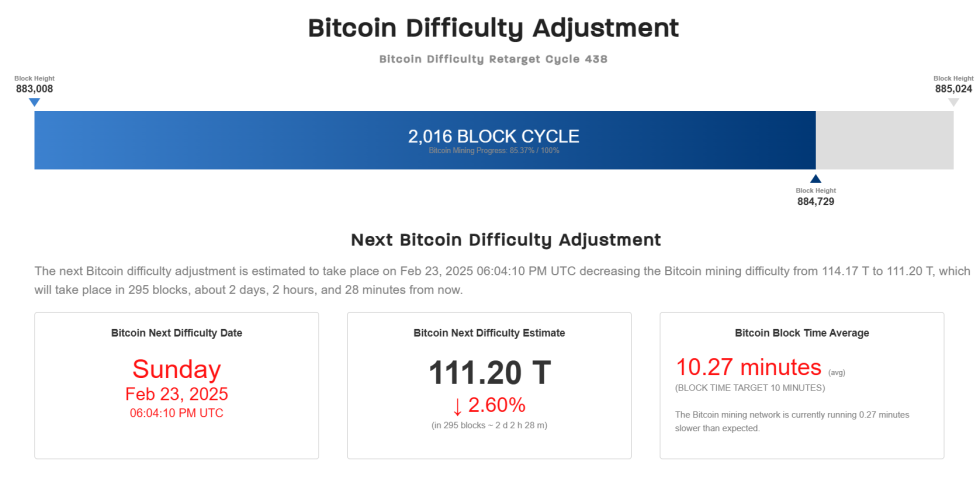

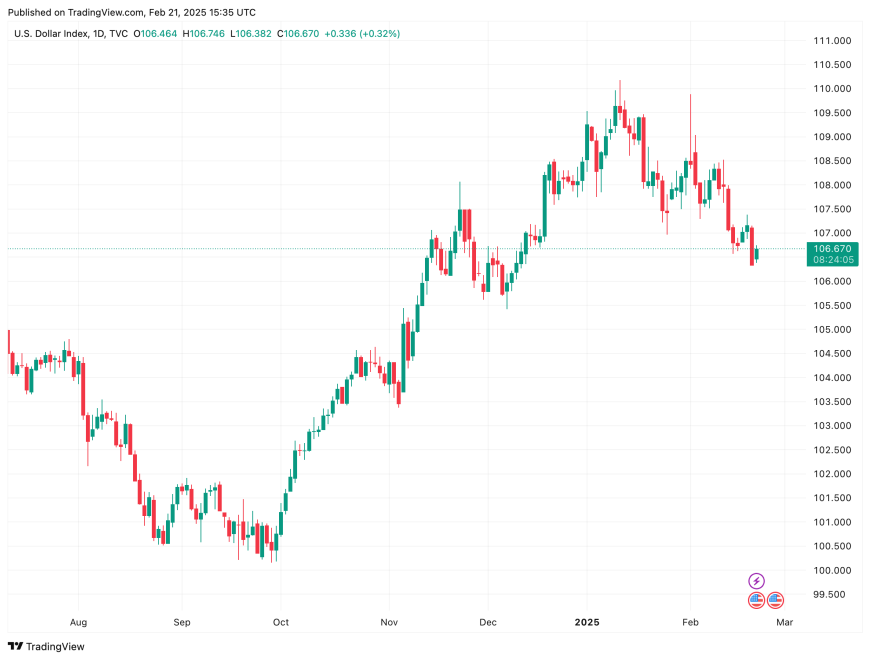




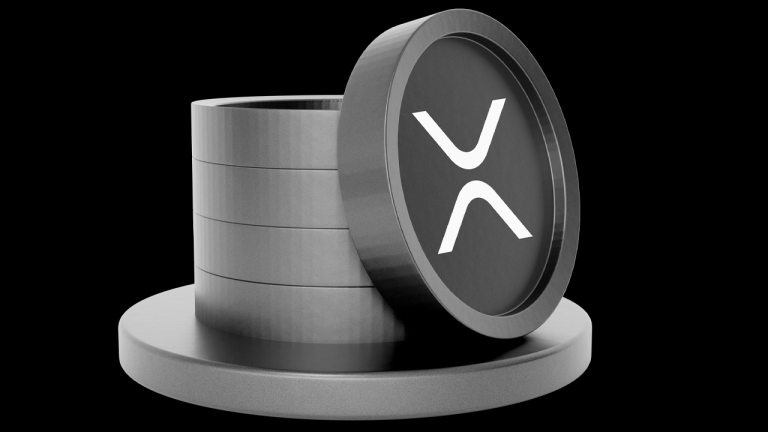





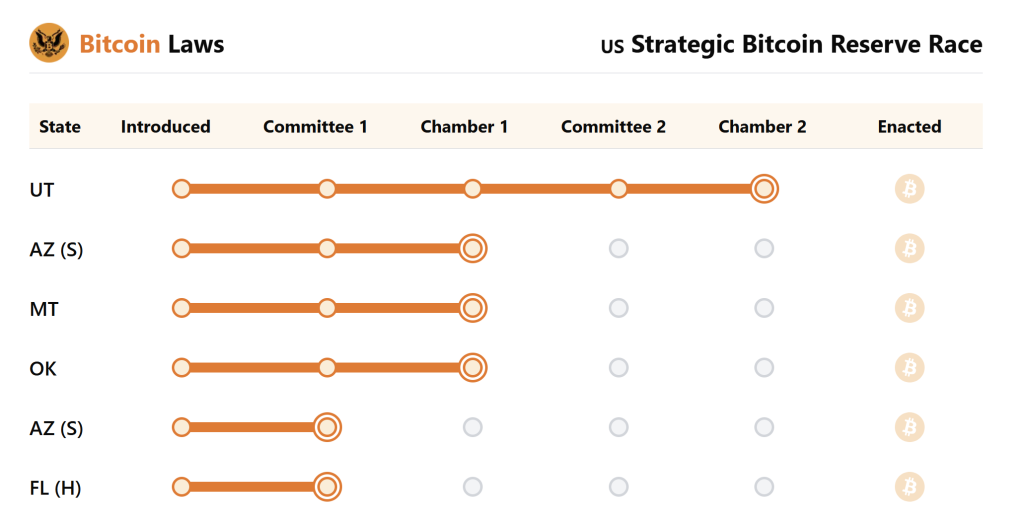
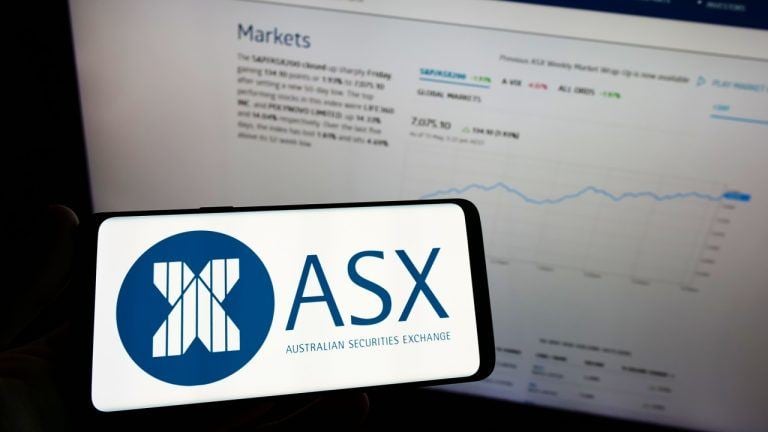




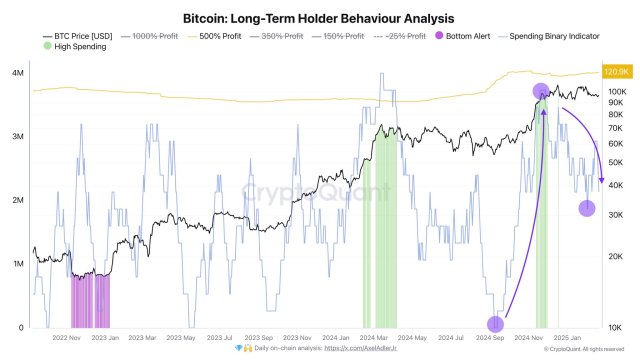
Comments